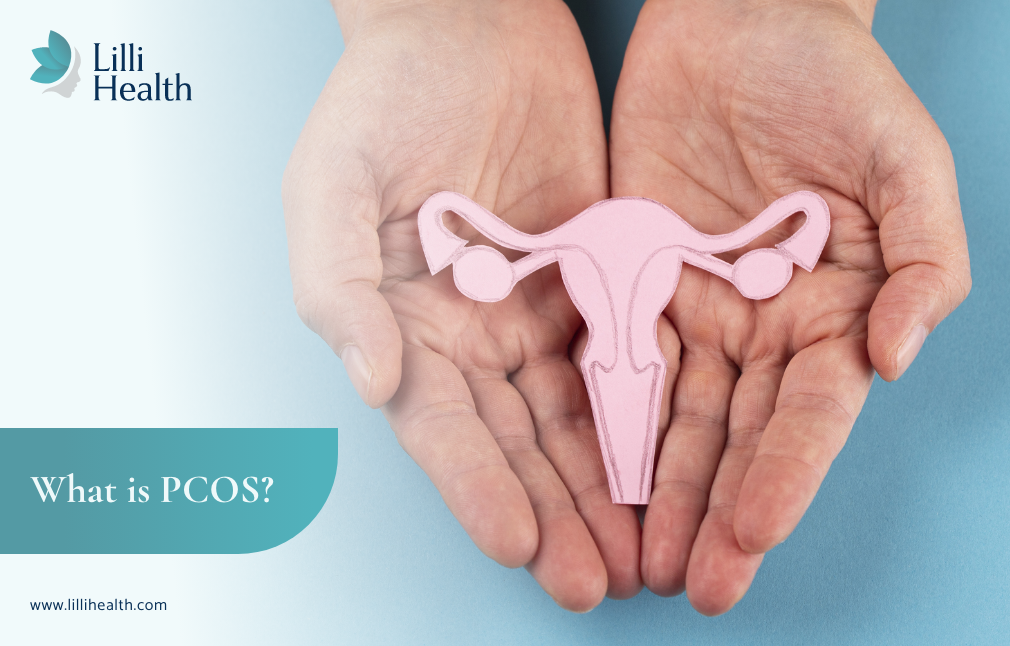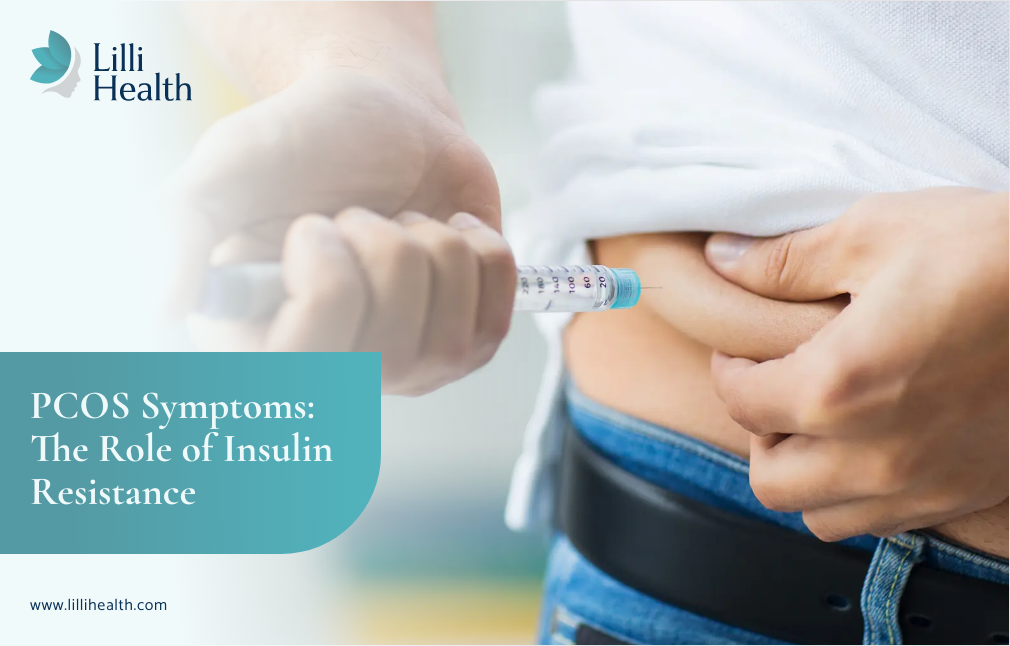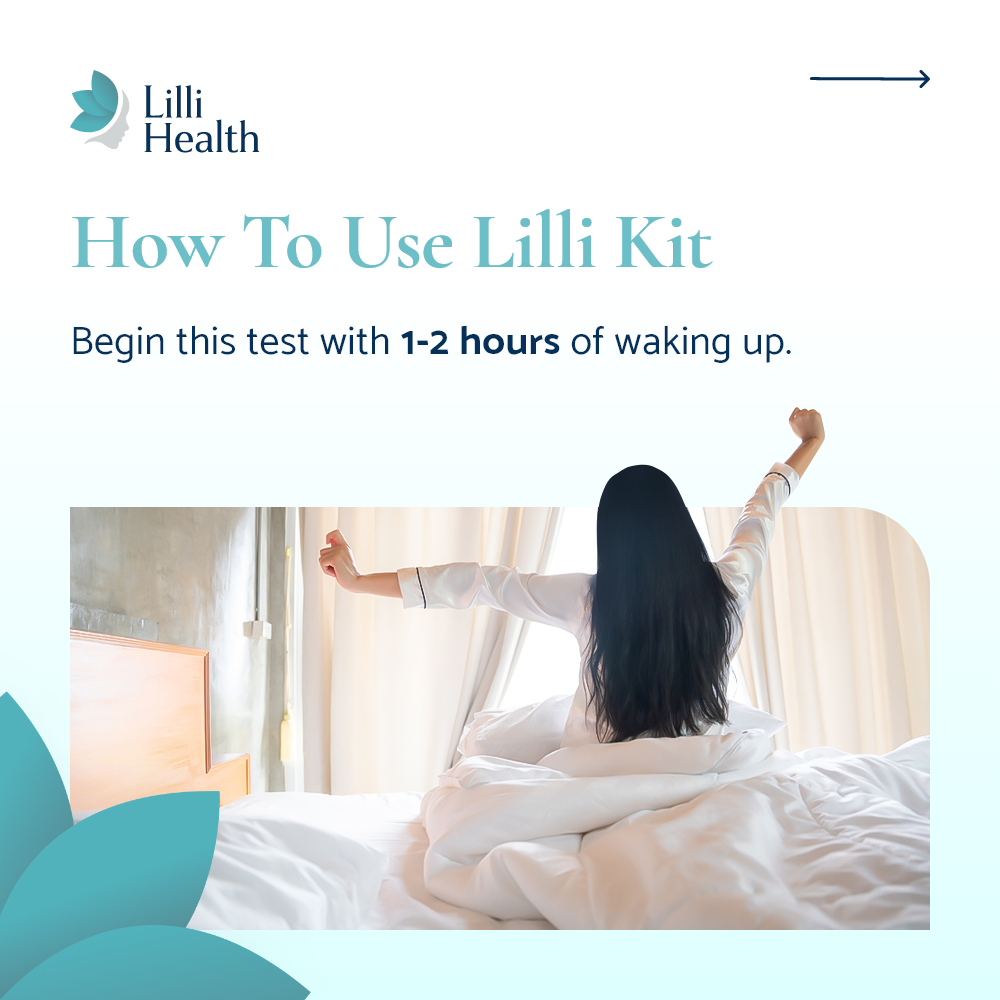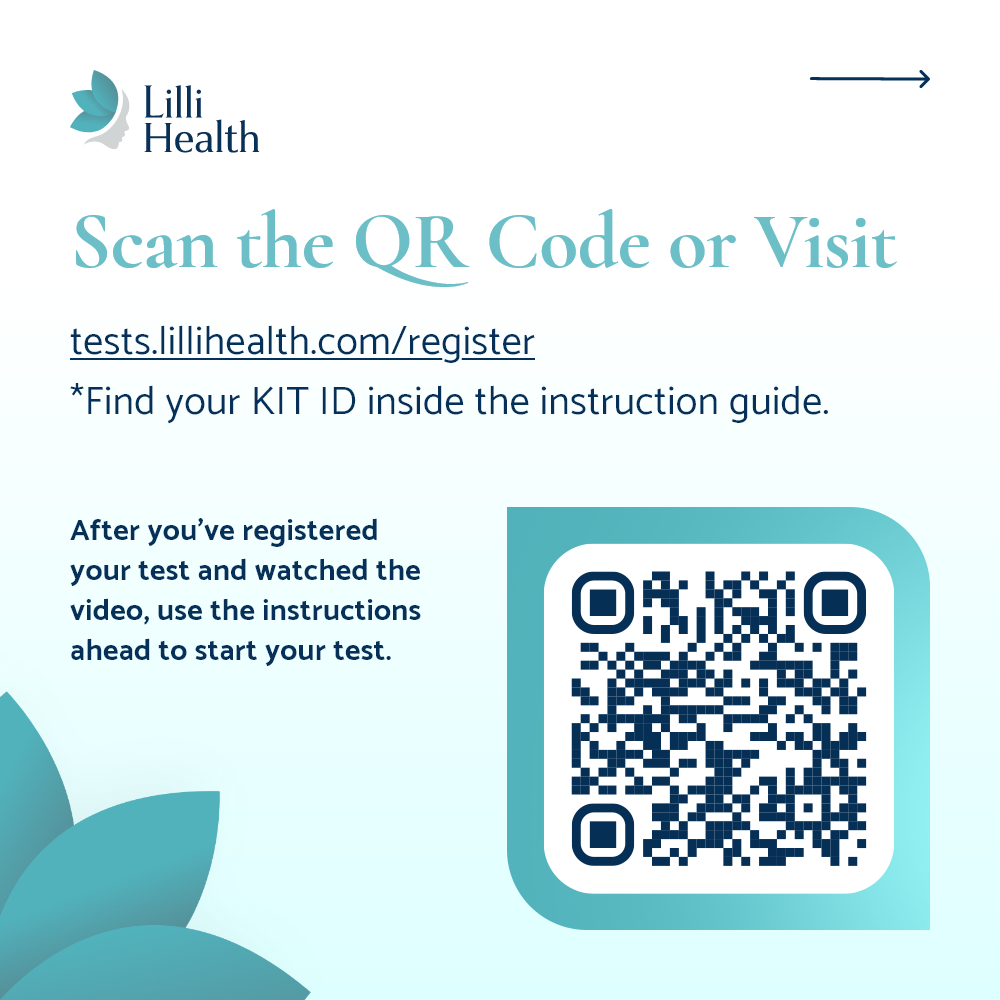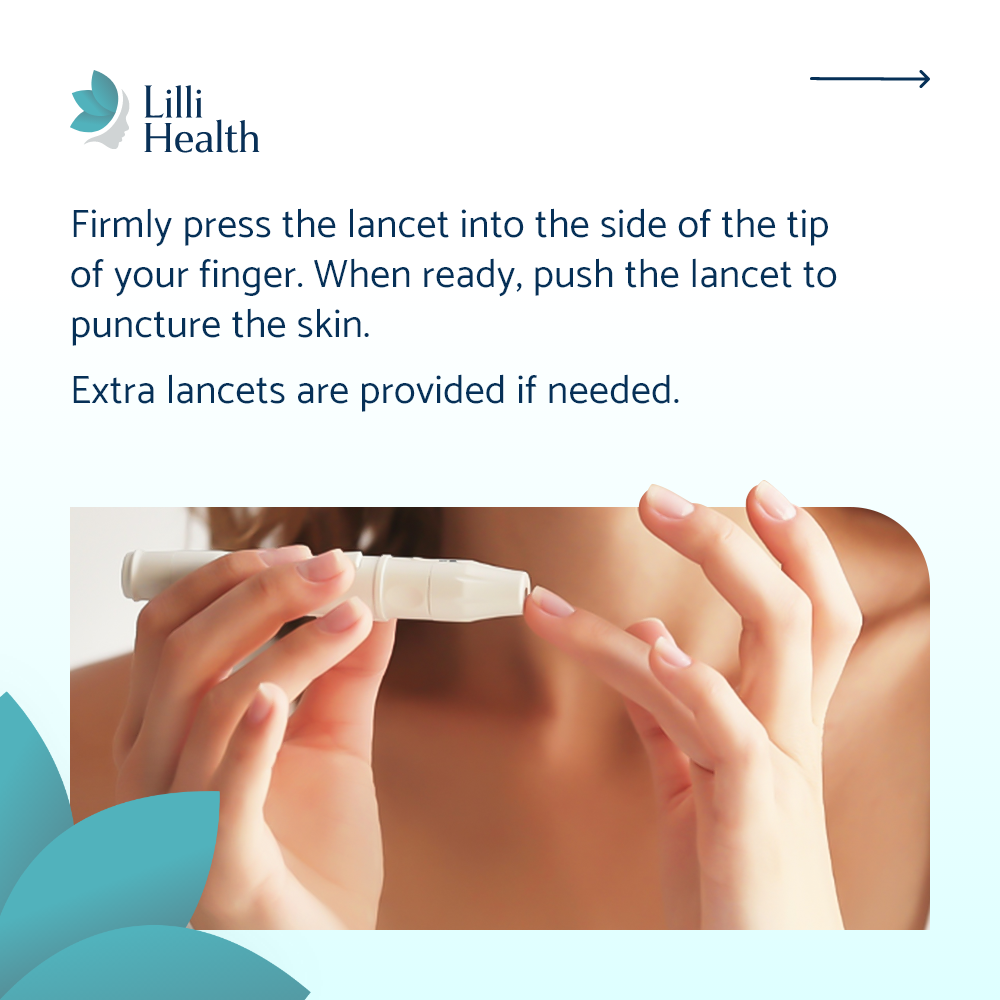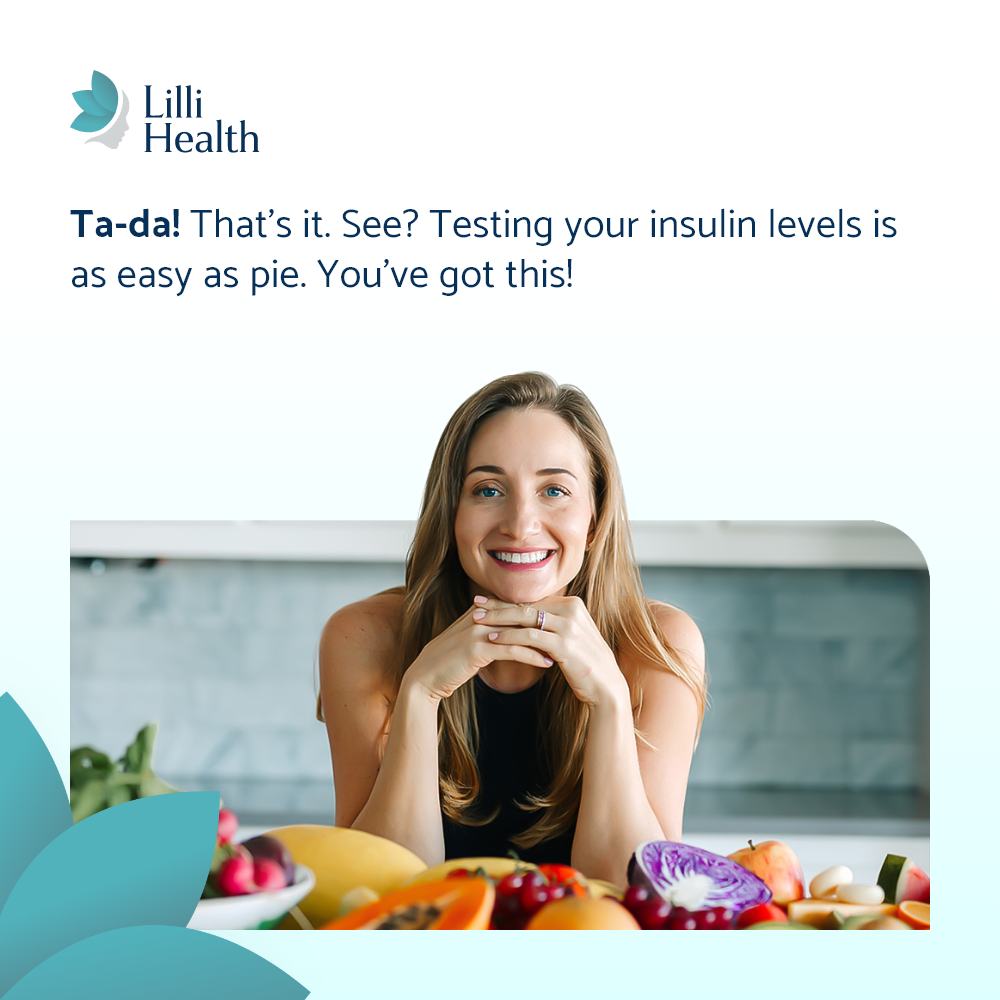
Polycystic ovary syndrome (PCOS) is a complex hormonal disorder that affects many aspects of a woman’s health, including fertility. For couples with PCOS considering pregnancy, there are crucial steps to take before conception. One of these steps is addressing insulin resistance, a common hallmark of PCOS.
In this blog, we’ll explore the significance of lowering insulin levels and reversing insulin resistance before pregnancy to enhance fertility for both prospective parents. We’ll delve into the risks associated with high fasting insulin levels in mothers, as well as its impact on the ability to conceive and maintain a healthy pregnancy. Read on to learn everything you need to know about this critical first step in the path to PCOS pregnancy!
Understanding Insulin Resistance and PCOS
Insulin resistance is a condition where the body’s cells become less responsive to the effects of insulin, resulting in higher insulin levels in the bloodstream. This condition is often observed in individuals with PCOS and can contribute to a range of health issues, including irregular menstrual cycles, weight gain, and difficulties with fertility.
Lowering Insulin Levels for Improved Fertility
Here are the top three reasons why lowering insulin levels is critical for improving your chances of getting pregnant:
1. Impact on Ovulation
Insulin resistance can disrupt the delicate balance of hormones that regulate ovulation. Elevated insulin levels may interfere with the release of eggs from the ovaries, leading to irregular or absent ovulation. Addressing insulin resistance can promote regular ovulation, a critical factor in achieving pregnancy with PCOS.
2. Endometrial Receptivity
High insulin levels can affect the lining of the uterus (endometrium), making it less receptive to embryo implantation. By optimizing insulin sensitivity, the endometrium becomes more favorable for implantation, increasing the chances of a successful pregnancy.
3. Healthy Placental Development
Insulin resistance during pregnancy is associated with an increased risk of developing gestational diabetes. This condition can negatively impact placental health and fetal development. By addressing insulin resistance before conception, the risk of gestational diabetes and its potential complications can be reduced.
The Impact of High Insulin Levels on Pregnancy
Keeping your insulin levels low during the early stages is equally important to ensure a healthy pregnancy and successful delivery. Here are three PCOS pregnancy risks associated with high insulin levels:
1. Gestational Diabetes
Women with PCOS have high fasting insulin levels, putting them at a higher risk of developing gestational diabetes during pregnancy. Gestational diabetes can lead to various pregnancy complications and health risks for both the mother and the baby.
2. Preeclampsia
Elevated insulin levels have been linked to an increased risk of preeclampsia, a serious condition characterized by high blood pressure and potential organ damage. Preeclampsia can lead to preterm delivery and other health concerns for the mother and baby.
3. Preterm Delivery
High insulin levels can increase the likelihood of preterm delivery, which can lead to a range of health challenges for the newborn, including respiratory and developmental issues.
The Impact of High Insulin Levels on Male Fertility
Recognizing the pivotal role that men play in the journey toward parenthood, it’s also imperative for them to prioritize their reproductive health by focusing on lowering insulin levels and reversing insulin resistance.
Recent studies have shed light on the profound impact of insulin resistance on male fertility. Elevated insulin levels in men have been linked to reduced sperm quality, altered hormone profiles (i.e., low testosterone), and compromised reproductive function. Moreover, intriguing research has revealed that higher insulin levels in prospective fathers may contribute to genetic changes in sperm that influence the metabolic health of their future offspring. This highlights the importance of preconception health for both men and women.
By proactively addressing insulin resistance through lifestyle modifications, prospective fathers have the opportunity to positively influence not only their own fertility but also the long-term health trajectories of their potential children. Embracing the journey toward parenthood as a shared endeavor, men can play a significant role in setting the stage for healthy generations to come.
Key Takeaways: PCOS Early Pregnancy and Proactive First Steps
For couples with PCOS, addressing insulin resistance and lowering insulin levels before pregnancy is crucial for optimizing fertility and promoting a healthy pregnancy. By working to improve insulin sensitivity, individuals can enhance their chances of regular ovulation, create a more receptive environment for embryo implantation, and reduce the risk of pregnancy complications such as gestational diabetes, preeclampsia, and preterm delivery.
If you’re considering pregnancy and have PCOS, consider following a low insulin lifestyle both before and during pregnancy. Your proactive steps today can lay the foundation for a healthier tomorrow for both you and your future child.
Subscribe to the Lilli Health newsletter for more insights on PCOS fertility and adopting a low insulin lifestyle!




